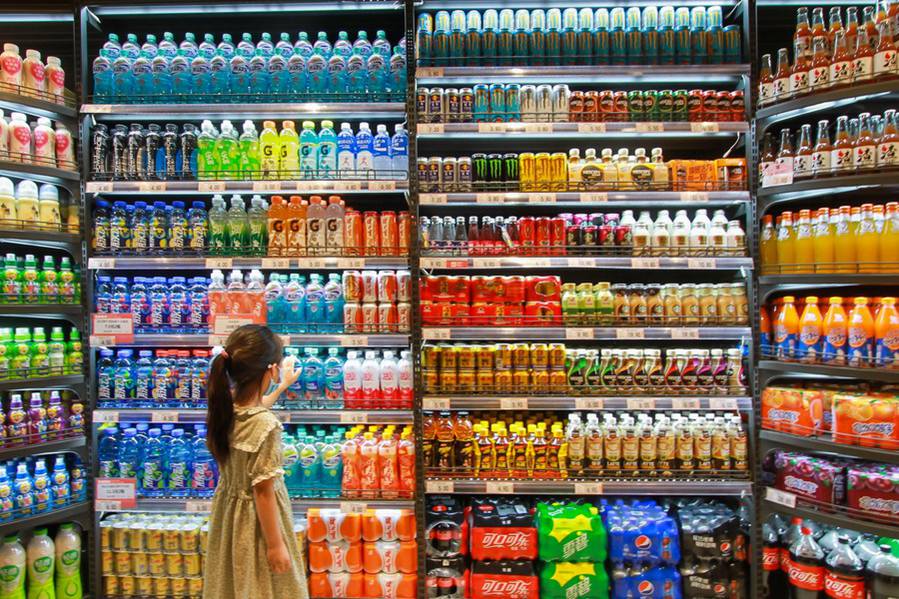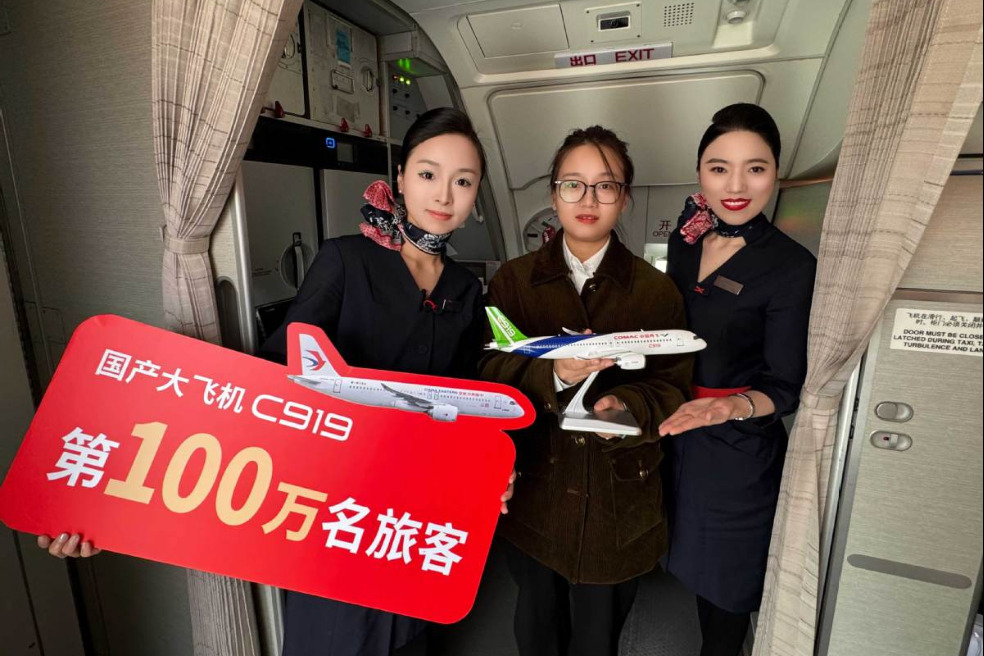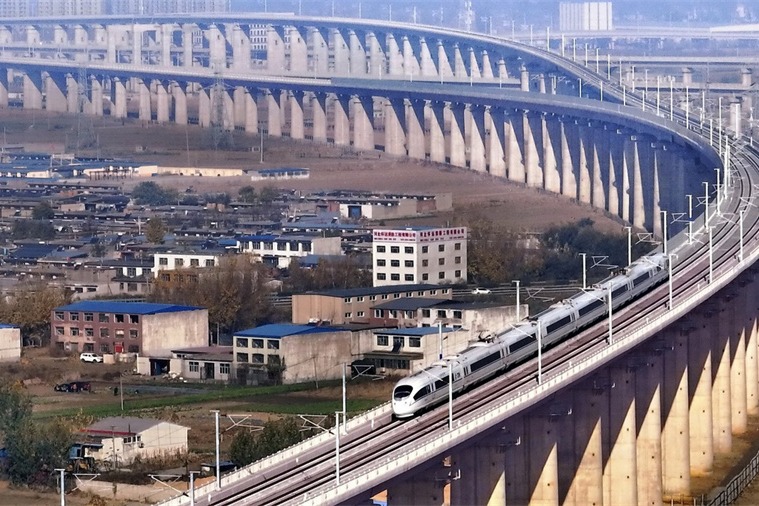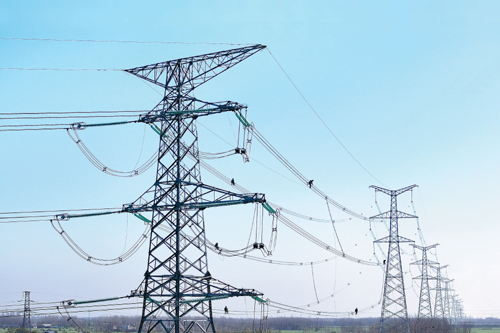China's inflation rises in July, propelled by food prices


BEIJING -- China's consumer inflation accelerated for the second straight month in July on the back of higher food prices, official data showed Monday.
Consumer price index (CPI), the main gauge of inflation, grew 2.7 percent year-on-year last month, expanding from a 2.5-percent gain in June and a 2.4-percent rise in May, according to data from the National Bureau of Statistics (NBS).
On a monthly basis, consumer prices went up 0.6 percent. Meanwhile, food prices, which account for nearly one-third of the weighting in China's CPI, edged up 2.8 percent last month.
In breakdown, pork prices climbed 10.3 percent from June due to tight supplies and increasing demand from the recovering catering industry.
Prices of vegetables rose 6.3 percent from June as unfavorable weather conditions disrupted supplies and transport.
Compared with the same period last year, food prices remained the main driving force of consumer inflation in July, rising 13.2 percent year-on-year and contributing 2.68 percentage points to the CPI growth.
Excluding food and energy, the core CPI rose 0.5 percent year-on-year, down from 0.9 percent in June, according to Dong Lijuan, a senior statistician with the NBS.
The overall inflation is under control as the core CPI hit a record low, said Wen bin, chief analyst at China Minsheng Bank.
In the first seven months of this year, CPI rose 3.7 percent year-on-year.
Monday's data showed China's producer price index, which measures costs for goods at the factory gate, fell 2.4 percent year-on-year in July.
The reading narrowed from the 3-percent drop in June and 3.7-percent fall in May.
On a monthly basis, overall producer prices gained 0.4 percent as industrial production continued to pick up and market demand gradually warmed, Dong said, adding that rising prices of international commodities also played a role.
Due to rebounding global crude oil prices, prices in the sectors of oil and natural gas extraction surged 12 percent last month from June, while those for the processing of oil, coal and other fuel went up 3.4 percent.
During the January-July period, factory-gate prices were down 2 percent on average compared with the same period last year.
Market supply and demand are expected to keep a balance with the accelerated recovery of economic activities and implementation of government measures to guarantee supplies and keep prices stable, said Wen. He added that consumer prices would generally be steady despite some fluctuations.
The generally stable inflation gives the government leeway to maneuver monetary policy in the coming months, with its focus shifting from an easing bias to stabilizing market entities and employment, Wen said.



































